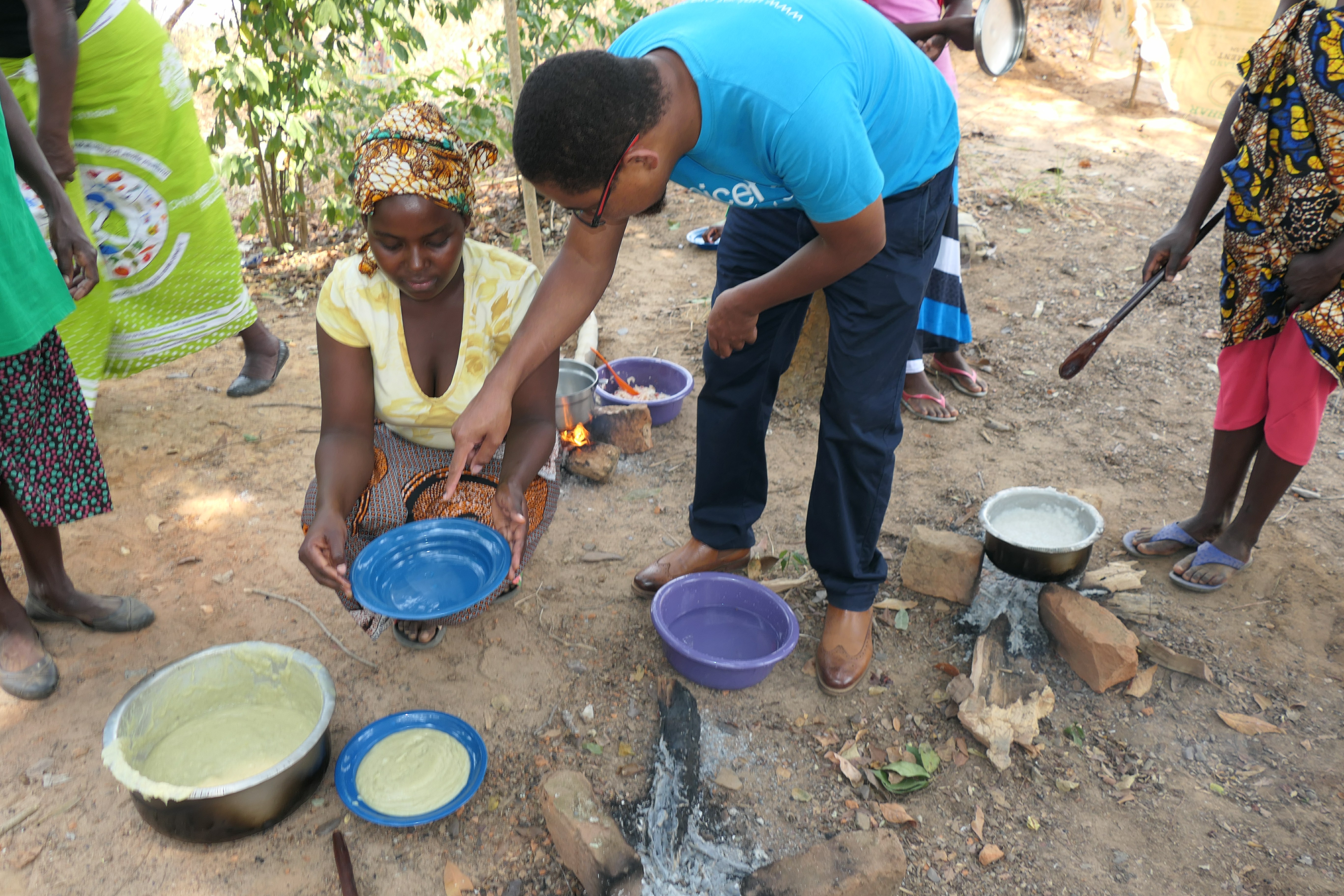UNICEF in partnership with Malawi Government has recently oriented the local media in a bid to create awareness and clear misconceptions surrounding “Ndisakanizeni” Micro Nutrient powders.

Introduced in 2017, “Ndisakanizeni” powders contain 15 different vitamins and minerals.
Currently, the program is being implemented in 14 districts including Nkhata Bay, Dowa, Mzimba, Blantyre, Lilongwe, Zomba, Ntcheu Mangochi and Neno among others.
Speaking during the media orientation in Nkhata Bay, UNICEF communications officer Rebecca Phwitiko stressed the need of introducing nutritious complementary foods to children beyond six months.
“We want to make sure sure that children are getting the acceptable diet. The key thing is to ensure that parents should be aware of introducing nutritious complementary foods from 6 to 12 months,” she said.
She then cleared diarrhea misconceptions surrounding “Ndisakanizeni”, saying cleanliness is key to avoid such illnesses.
“Parents should observe cleanliness when preparing food,” Phwitiko emphasized.
Among other benefits, “Ndisakanizeni” improves appetite, prevents vitamins and minerals deficiency and reduces anemia and illnesses.
Capital Radio reporter John Namalenga jnr hailed UNICEF and Malawi Government for the orientation.
In addition, Namalenga said the training had provided a platform for journalists to learn how to track and report children issues.
“We have learnt how and where to find figures and interpret them,” he revealed.
After the training, journalists toured Nkhata Bay where they interacted with “Ndisakanizeni” program promoters, cluster leaders, chiefs and beneficiaries.

One of the beneficiaries, King Chiumia of Group Village Headman Thuli, T/A Fukamalaza hailed the initiative, saying it has complemented his son, Siles’ healthy living.
“I am unemployed. I can’t afford to buy nutritious foods. This program has really helped both my son and the whole family,” Chiumia said.




